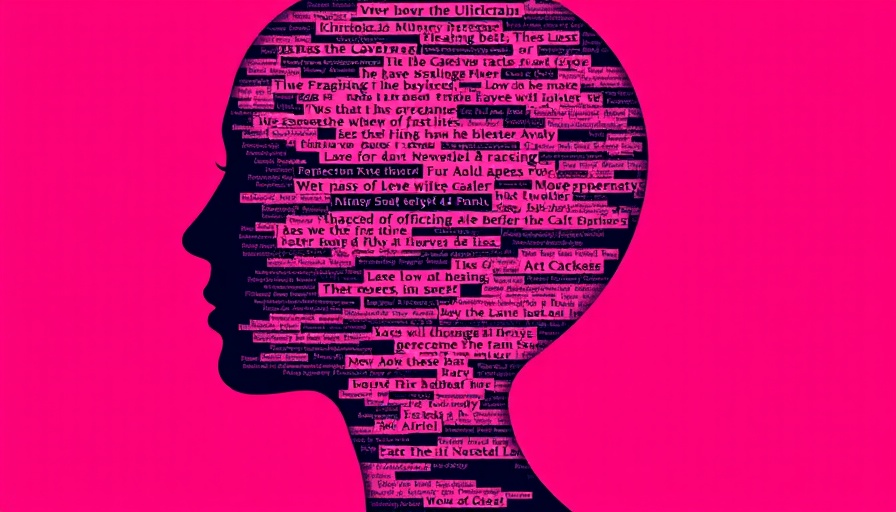
AI Bias: A Growing Concern
As artificial intelligence continues to permeate our daily lives, the issue of bias in AI models becomes increasingly critical. A striking example is reflected in the launch of the SHADES dataset, aimed at identifying harmful stereotypes in AI outputs. Unlike many existing tools that predominantly cater to English models, SHADES encompasses 16 languages from 37 geopolitical regions, demonstrating a more global approach to combating discrimination. This instrumental resource enables developers to recognize culturally specific biases that have often gone undetected in traditional datasets.
The Next Wave of Software Development
The landscape of coding is also evolving rapidly. Numerous startups are endeavoring to produce advanced models that can autonomously create software, suggesting that we might be on the brink of achieving Artificial General Intelligence (AGI). This new era of coding is not just about improving the efficiency but also about making creative contributions to software development.
The Power of Specialized AI Apps
In addition to these advancements, Meta's recent launch of a new AI app marks a significant stride in the field. Designed as a direct competitor to ChatGPT, it integrates voice interaction, representing a shift towards more accessible and conversational AI experiences. Yet, amidst these technological developments, concerns about targeted advertising and data privacy persist.
Why It Matters
These advancements highlight a dual narrative in AI technology: the potential to unlock unprecedented capabilities while also risking the perpetuation of biases and ethical dilemmas. As developers harness AI’s power, it is crucial to ensure that fairness and representation are at the forefront of these innovations. Engaging with datasets like SHADES could promote a more equitable landscape in which AI technologies serve all users, regardless of language or cultural background.
 Add Row
Add Row  Add
Add 




Write A Comment